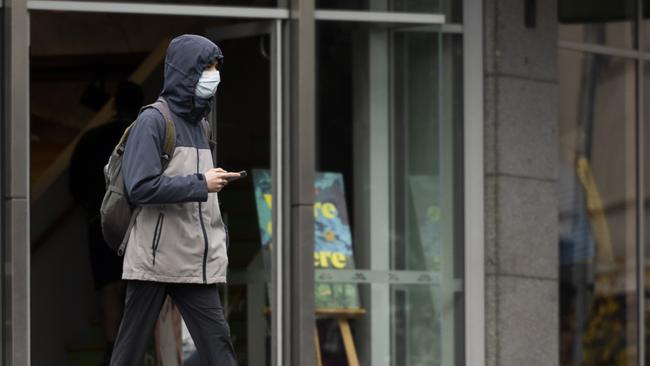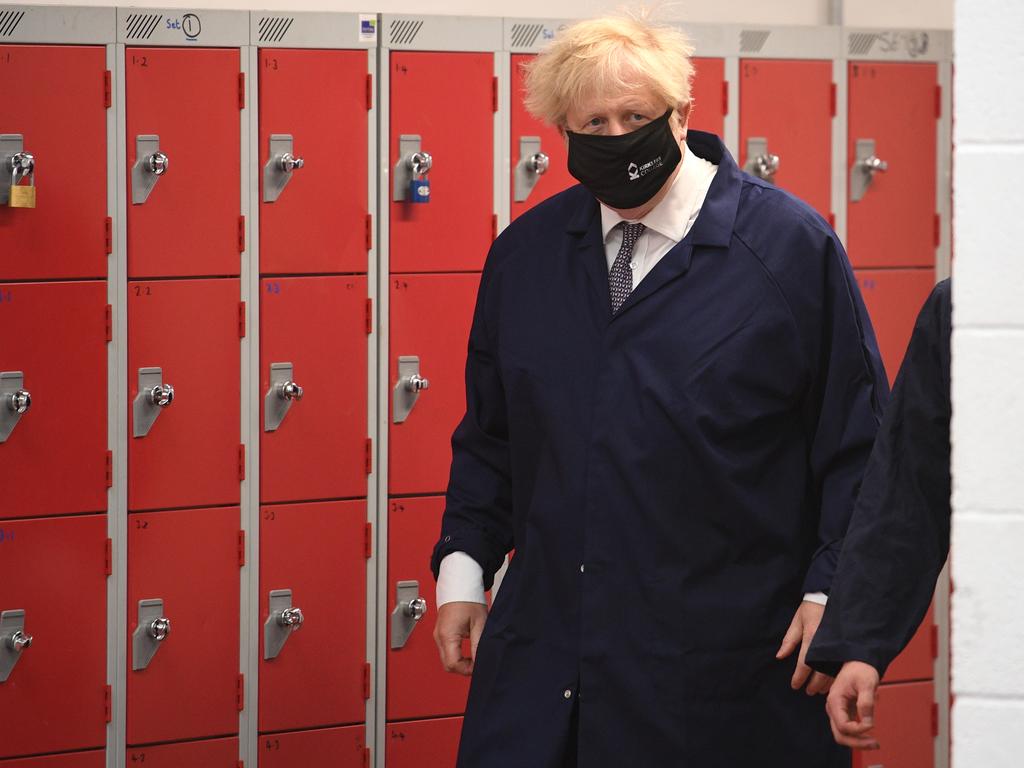Coronavirus vaccine: Health experts call for equitable supply amid outbreaks
Health experts warn supplying states with additional vaccines will only disrupt the national rollout and pit state against state.

Australia’s top health experts have welcomed the national cabinet’s decision to distribute vaccine supplies according to population, but warn against allowing exemptions for states experiencing outbreaks.
Doctors fear that providing one-off vaccine deliveries to deal with isolated Covid-19 clusters will destabilise the national rollout, arguing that jab shortages mean states need to confront the shortfall as a federation, rather than seek additional supply whenever and wherever an outbreak occurs.
Australian Medical Association president Omar Khorshid said: “The best way to confront the supply shortage is to make sure each state and territory is getting the right amount. We don’t want to start supplying more vaccines to a state based on outbreaks because that’s not sustainable and will lead to problems.”
Following the federal government’s decision to grant NSW an additional 50,000 Pfizer vaccines to combat Sydney’s Bondi cluster, Premier Gladys Berejiklian said it was a “relief” the commonwealth had agreed to distribute doses according to state and territory populations, adding that NSW remained an “emergency case” needing additional assistance.
The revamped federal strategy comes less than a month after the Victorian government received a one-off supply of 130,000 AstraZeneca and 100,000 Pfizer doses to combat its own Covid outbreak in the Greater Melbourne area.
ANU infectious disease expert Peter Collignon also endorsed the commonwealth’s new supply according to population approach, saying increased allocations to outbreak states could lead to rollout irregularities.
“In Australia we’ve broadly seen outbreaks that last two weeks and then are brought under control. If you consider how long it takes to get supply to a state and how long it takes to inoculate people, it doesn’t make much sense in jumping to provide … additional vaccines.
“Unless we are faced with a prolonged outbreak of more than three to four weeks, it doesn’t make much sense,” Professor Collignon said.
Meanwhile, chief medical officer Paul Kelly confirmed the deployment of the ADF to help accelerate the national rollout, amid a growing disconnect between the states and federal governments regarding diminishing vaccine supply.
After confirming more than 6.5 million doses had been administered nationwide, Lieutenant General John Frewen said the federal government’s Pfizer stockpile – now the preferred vaccine for Australians aged between 50 and 59 – needed to be “carefully managed”.
“We are still in a resource-constrained environment … but on current forecasts, we are looking forward to ramp up availability of Pfizer through August into September and into October,” he said.
General Frewen said he had told the states precisely how many doses they could expect by the end of the year. But Ms Berejiklian said she did not know how many doses would arrive in the next few months, telling reporters the bulk of the Pfizer supply would arrive towards the end of the year.
NICHOLAS JENSEN







To join the conversation, please log in. Don't have an account? Register
Join the conversation, you are commenting as Logout